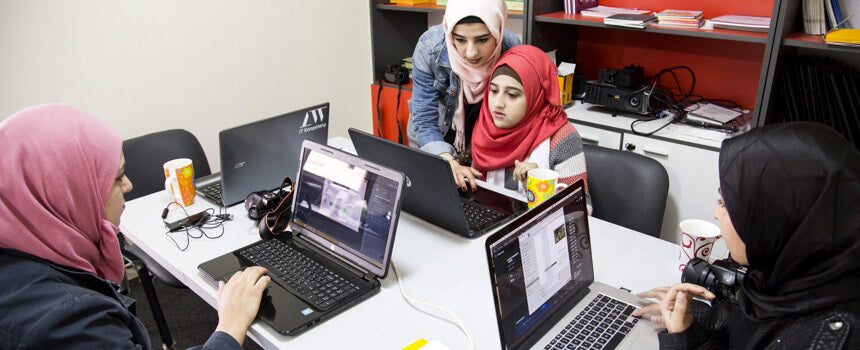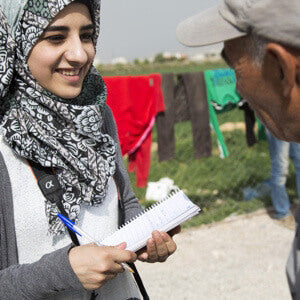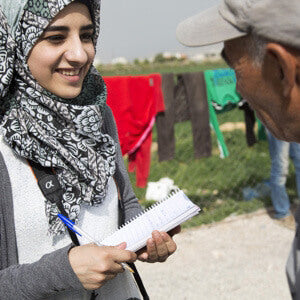day 8
One hour training course for a woman in Lebanon
 Strengthening women’s rights
Strengthening women’s rights


Further training for women in Lebanon

need
Strengthening the rights and education of (refugee) women and girls in Lebanon.
activity
Offering and participation of women in a certified continuing education course in the field of business management.
Measurable performance
Number of women and adolescent girls who attended and completed a three-month advanced training course in business management with a certificate.
Result
Disadvantaged women and girls in Lebanon learn important skills and knowledge to help them shape their everyday lives and their professional situations.
Systemically relevant impact
Women's rights are strengthened and the perception of gender roles changes positively. Women benefit from social and economic developments towards greater gender equality.
background


The good deed
AboutLebanon
Beirut
Capital city
6 229 794
Population

13.378
Gross domestic product
per capita per year

80
Human Development Index
(Human Development Index)



